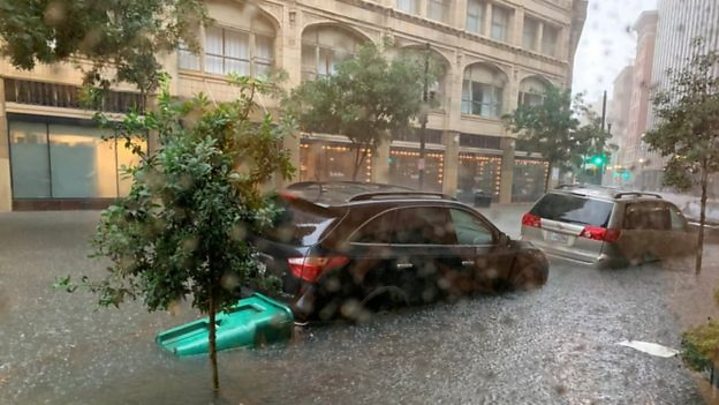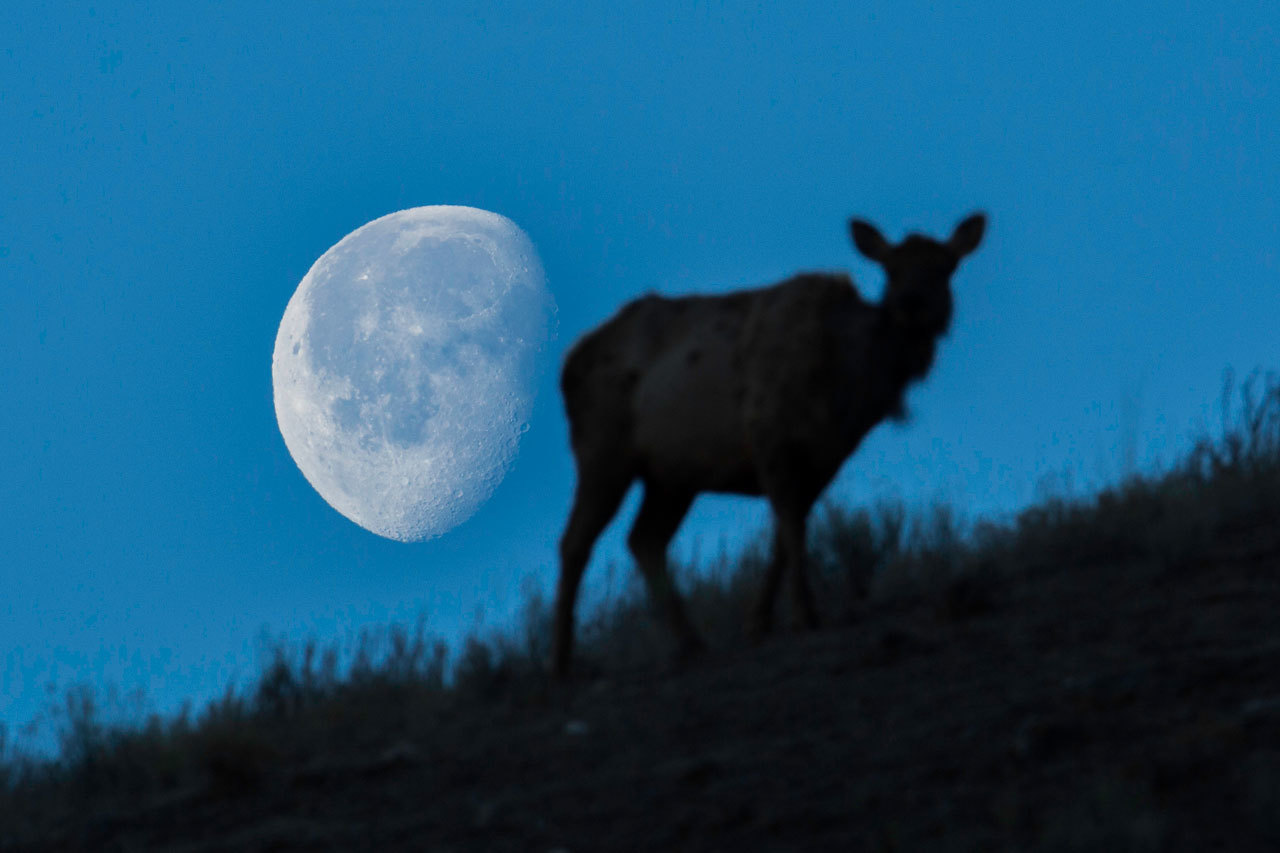Mergansers on the Moira River
For the beauty of the earth, for the glory of the skies,
for the love which from our birth, over and around us lies,
God of all, to you we raise,this our hymn of grateful praise.
A vehicle accident in June meant that we weren't able to put our kayaks or canoe on the roof and head for the water for nearly a month. I fretted during those weeks, especially since there was so much good paddling weather during that time.
We have a new vehicle and have immediately got back out paddling. We were on the Bay of Quinte one morning and the Moira River the next. We encountered no other humans but plenty of critters, I'm happy to report. On the Moira yesterday we say multiple blue herons and kingfishers, frogs and turtles, butterflies and dragonflies, a muskrat and a beaver. There were plenty more birds and bugs and we were content. Actually, content doesn't due justice to the way I felt. These were soul-healing experiences through Creation.
Kayaking on the Moira
Of course I have no benchmark against which to assess the diversity of these two outings. Were there many more creatures 25 years ago, or 100, or a thousand? We are told by the scientific community that the planet is experiencing catastrophic declines in insect populations. large mammals, biodiversity in general, Despite its size Canada is not immune and a new report suggests that we must act immediately to increase protected areas to maintain and increase diversity.
Before you read a portion of a CBC report today, I encourage you to live and act with hope "for the beauty of the Earth." This is a spiritual challenge as well as a biodiversity crisis. Oh yes, get outside and pay attention to the world your Creator God has made.
Against a backdrop of shocking declines in the health of the world's ecosystems and species, a new report from the Canadian Parks and Wilderness Society (CPAWS) says the federal government must commit to much more ambitious targets to protect the country's land and water if it's to have a chance of staving off a "nature emergency."
The report says biodiversity is declining faster than at any other time in human history — over one million species worldwide are facing extinction, according to a recent, groundbreaking study. It argues Canada must adopt aggressive measures beyond current targets by promising to protect and restore 30 per cent of all the country's land and inland waters by 2030 — about 330 million hectares.
That proposed goal would almost triple the amount of land currently protected through measures by federal, provincial and Indigenous governments. As of 2016, 11.8 per cent of Canada's land mass had been set aside for conservation.
But the advocacy group says Canada shouldn't stop at 30 per cent — that it should commit to protecting half the country's landmass from development (including extractive industries like logging and oil and gas) at some point over the next century.
But even with that financial commitment and a promise to reach the 2020 goal, CPAWS maintains the 17 per cent target is still "woefully below what results of most scientific studies show are necessary to meet widespread conservation goals, such as maintaining viable populations of native species."
"There needs to be a much greater recognition of the magnitude of the problem. The evidence is showing we really need to think on a much bigger scale and make sure we are focused on protecting and restoring enough space for nature to thrive," Woodley said.




















/cdn.vox-cdn.com/uploads/chorus_image/image/64735361/GettyImages_1155580618.0.jpg)













